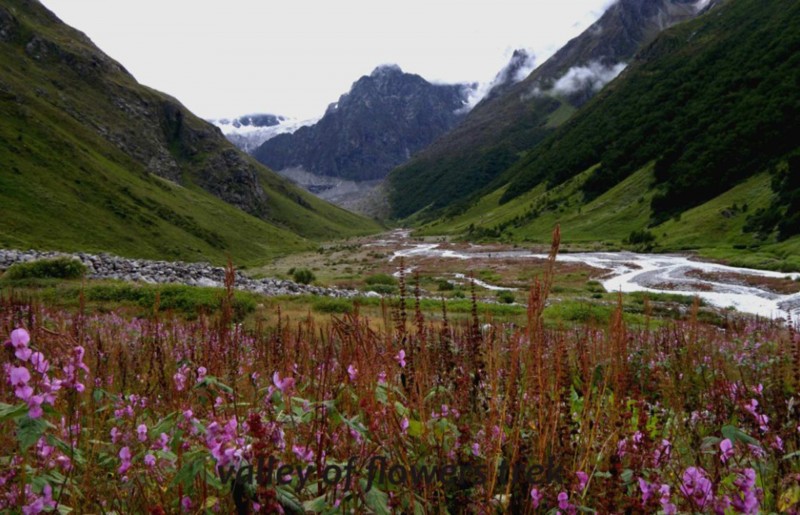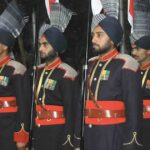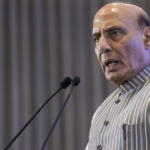
SOURCE: ENS
A year after the BJP-led NDA government made Article 370 redundant, withdrew the special status of Jammu & Kashmir, and bifurcated the state into two Union territories, the fait accompli has seeped in. The Union territory of J&K may become a state again, but there will be no turning back the clock on Article 370. For the BJP, it was the fulfilment of a long-standing ideological promise to “integrate” the Muslim-majority state with the rest of the country. By all accounts, the move has been met with acquiescence, if not support, across the country — no national political party has prominently protested the Centre’s move, nor any regional parties outside J&K. In the past year, there has been no visible outpouring of protest in J&K, no major militant strikes.
That does not mean, of course, that the seven-decade-old problem has been resolved or that the people have accepted the changes imposed on them.
The reality is, they have not yet been allowed to express themselves through institutions of representation or governance. Indeed, what began as a departure from democratic norm — the NDA government decided on the state’s future by cutting out the people, their political leaders and even the BJP’s own allies — has played out over the year in the imprisonment of political leaders and hundreds of others, effectively erasing the degrees of difference between the mainstream and separatists and those in between. Curbs on the press, routinely calling journalists to the police station, deepen the distrust.
While many leaders have been released since, the detention of former chief minister Mehbooba Mufti under the Public Safety Act has just been extended by three months and many others continue to be in official and unofficial detention. The lockdown imposed on August 5 last year has segued into a second lockdown, induced by the COVID-19 pandemic. Even though 2G has been restored, the unavailability of high speed internet has made life and work difficult, for businessmen who need to communicate with partners outside the state, for those applying for jobs and college seats, to those trying to download information on the pandemic. Students, too, have suffered. There is an air of uncertainty. Militancy continues — local young men are easy recruits even as cross-border infiltration has come down.
Except for the decision to make new domicile rules in keeping with the abrogation of 35A that defined “permanent residents”, and the delimitation exercise, the government has appeared unclear on a roadmap ahead.
It should be clear to it that the continuing political vacuum in the Valley can only cause damage. There is a limit to how much, or how long, panchayats from a flawed election can be propped up in place of an elected Assembly. Though the Election Commission took exception to his comments, Lieutenant Governor G C Murmu was right in saying that elections could follow the completion of delimitation. The government must expedite the restoration of political processes in J&K. It must release Mehbooba Mufti and others who are still in detention. It must restore all freedoms guaranteed under the Constitution, including the right to free speech, which in this day and age, includes access to the Internet. Most importantly, it must set the stage for the people to elect their representatives.






